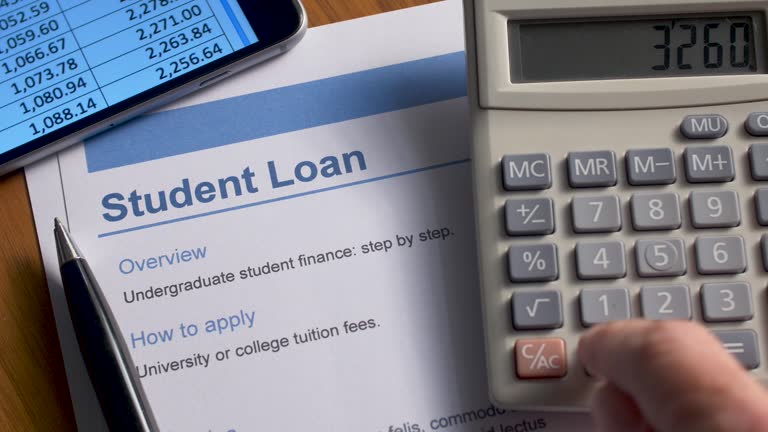If former President Donald Trump, or any future president, were to succeed in eliminating the U.S. Department of Education, the fate of federal student loans would hinge on what happens to the programs currently administered by the agency. While such a move is unprecedented and highly controversial, the implications for student loans would be complex and far-reaching.
The Department of Education manages the federal student loan portfolio, which includes loan origination, servicing, and collections. If the department were dismantled, Congress would need to reassign these responsibilities to other agencies or possibly create new structures to oversee federal education loans. Potential alternatives could involve transferring loan management to the U.S. Department of the Treasury, privatizing some aspects of the system, or even delegating authority to individual states.

Eliminating the department does not mean student debt would be forgiven or disappear. Borrowers would still be legally responsible for repayment under existing loan agreements. However, uncertainty could arise during the transition period, potentially leading to disruptions in servicing, changes in repayment terms, and confusion about oversight and accountability.
Critics argue that such a move could reduce federal oversight of higher education, potentially diminishing borrower protections and increasing the risk of predatory practices by private lenders if they were to gain more control. Proponents, however, see an opportunity to reduce bureaucracy and reimagine federal involvement in education.
Ultimately, any decision to eliminate the Department of Education would require significant legislative action and face legal, political, and logistical challenges that could directly impact student borrowers.


